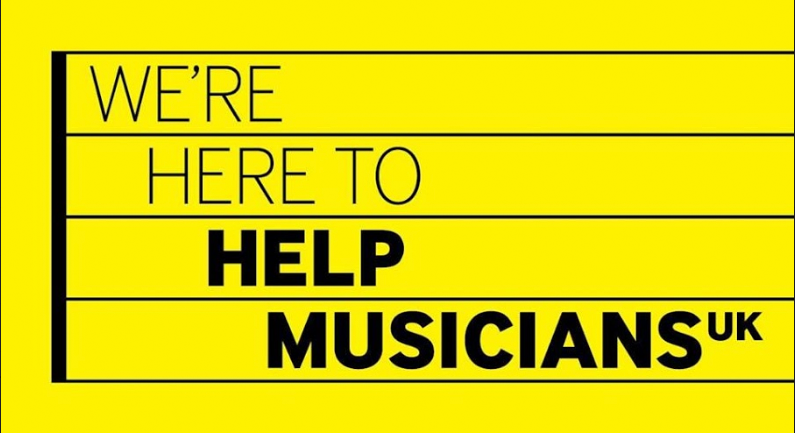Following ‘World Mental Health Day’, Charlotte Bresh explores the daunting levels of mental health issues within the music industry and the ways in which the stresses of high-profile life may impact the wellbeing of artists.
October 10th marked 2018’s ‘World Mental Health Day’, an annual event dedicated to raising awareness of the ever-expanding body of people suffering from mental health issues. Despite the number of UK male suicides in 2017 being at its lowest in 30 years and female rates staying roughly the same, the total number of 5,821 suicides in the UK last year (according to the Office for National Statistics) wholeheartedly demonstrates that the need for ‘World Mental Health Day’ is just as vital as ever. Despite the number of ‘#worldmentalhealthday’ tags flooding your Instagram feed, the likelihood is that, due to an incessant stigmatisation, many have remained mute on their struggles. For many musicians, making music is a way for them to come to terms with their emotions and set their sufferings free to the world.
In recent years, there has been a significant increase in the amount of high profile musicians speaking out about their personal struggles. To name a few, Lady Gaga has spoken openly on The Today Show about suffering from Post-Traumatic Stress Disorder, having been raped at the tender age of 19: “I have a mental illness and I struggle with that mental illness every day.” U2 bassist, Adam Clayton, has come forward about his alcohol dependence in the past, admitting to RTE that “the root of addiction, certainly in my case, was a mental issue”. Adele, one of the world’s best-selling music artists, has also opened up about having therapy to help her cope with depression, whilst James Blake revealed during the ‘You Got This: Managing the Suicide Crisis in the Arts Population’ panel that during his early tours he experienced suicidal thoughts.
The charity Help Musicians UK, initially formed in 1921, is dedicated to giving “practical, positive support to emerging, professional and retired musicians – whatever the genre”. Why is this particular organisation so significant you ask? Well, despite being almost a century old, the charity’s arguably most prominent work was released in only November of 2016. A pilot survey commissioned by the charity and conducted at the University of Westminster found that out of 2,211 self-selected musicians, 71.1% of respondents had experienced panic attacks and anxiety, whilst 68.5% believed they had experienced depression. In the midst of all the statistics and charts, the general conclusion reached following this groundbreaking study (the first of its kind), was that musicians may be up to three times more likely to suffer from depression in comparison to the general public (of which 1/5 people aged over 16 are thought to suffer from depression or anxiety).
These alarming statistics therefore beg the question: Why is it that a field which is thought to bring joy to so many, so incredibly harmful to those involved? The reasons suggested by respondents in the study included poor working conditions, lack of recognition, physical impacts of musical careers (e.g. musculoskeletal disorders such as tendonitis), as well as issues stemming from being a female within the performance industry. These issues can be seen in many musicians today, whether in interviews, biographies, or even within the music itself. A great example is Joy Division’s ‘Atmosphere’: “Don’t turn away, in silence / your confusion / my illusion / worn like a mask of self-hate.” This perfectly highlights the façade which so many artists feel is necessary in order to survive in the public eye.
So let’s open them, remove the need for a mask, and try to end the seemingly never-ending stream of headlines callously announcing that yet another artist featured on your Spotify playlist is gone. The suicide of Ian Curtis of Joy Division and Amy Winehouse’s tragic death are two cases that reveal the damage which the constant scrutiny of the baying masses can cause. The recent passing of Mac Miller and Avicii, only further emphasises that this vicious cycle does not seem to be breaking anytime soon. The lesson to be learned? Be kind. Be kind to those you know, be kind to those that you don’t. Be kind to those that you feel like you know, and perhaps that stream of headlines will start to run dry.
Charlotte Bresh

